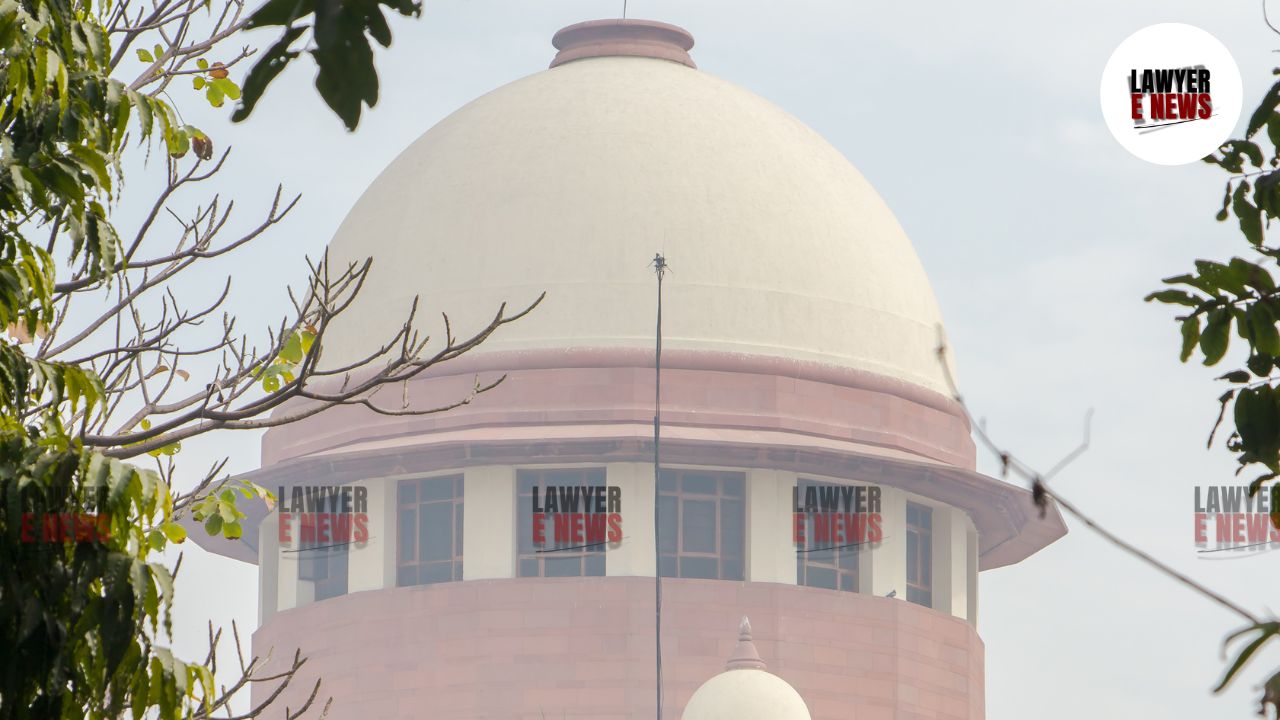-
by Admin
15 February 2026 2:36 AM



Supreme Court of India in Banshidhar Construction Pvt. Ltd. v. Bharat Coking Coal Limited & Others (Civil Appeal No. 11005 of 2024) overturned Bharat Coking Coal Limited’s (BCCL) decision to reject the technical bid of Banshidhar Construction Pvt. Ltd. while accepting a non-compliant bid from another company. The Court held that BCCL’s actions were arbitrary and discriminatory, violating the principles of fairness and transparency required under Article 14 of the Constitution of India.
The case arose from a tender issued by BCCL on August 16, 2023, inviting bids for a coal mining project in the Bastacolla Area. Banshidhar Construction Pvt. Ltd. submitted its bid along with another company (Respondent No. 8). Banshidhar’s technical bid was rejected for allegedly not complying with Clause 10 of the Notice Inviting Tender (NIT) regarding the power of attorney for signing the bid. Meanwhile, BCCL accepted the bid of Respondent No. 8, despite it failing to submit audited financial documents required under the same clause.
Banshidhar Construction challenged the rejection in the High Court of Jharkhand, which dismissed the petition. Aggrieved, Banshidhar Construction approached the Supreme Court.
The key legal issue was whether BCCL’s rejection of Banshidhar’s technical bid, while accepting a non-compliant bid from Respondent No. 8, was justified under the terms of the NIT.
Banshidhar argued that its bid complied with all the necessary conditions, including notarizing the power of attorney before submitting the bid. In contrast, Respondent No. 8 was allowed to submit critical financial documents after the bids were opened, violating the NIT's mandatory requirements.
BCCL defended its decision, asserting that the bid documents submitted by Banshidhar were not in accordance with Clause 10 of the NIT because the power of attorney was notarized a day after the bid documents were signed. However, BCCL allowed Respondent No. 8 to submit missing documents after the bid deadline, claiming that it only sought to rectify a "shortfall."
The Supreme Court found BCCL’s actions arbitrary and discriminatory. The Court emphasized that Clause 10 of the NIT required all bidders to submit audited financial documents with their bids. While Banshidhar complied with this requirement, Respondent No. 8 failed to do so and was permitted to submit the documents months later. The Court ruled:
"There was no justification on the part of the Respondent authorities for accepting the Technical bid of the Respondent No. 8 which clearly was not in compliance with the mandatory Clause 10 of the NIT."
The Court further held that Banshidhar’s bid met all the requirements of the NIT, including notarizing the power of attorney before the bid submission deadline. The rejection of its bid on technical grounds was unjustified, especially when a non-compliant bid was accepted.
In discussing the scope of judicial review in tender matters, the Court reiterated that while courts should not interfere in contract awards unless there is clear arbitrariness or bias, government bodies must ensure fairness and transparency. The Court cited previous judgments, including Tata Cellular v. Union of India and Sterling Computers Limited v. M & N Publications Limited, to underline the need for government actions to be free from arbitrariness and favoritism.
The Supreme Court set aside BCCL’s decision to reject Banshidhar’s bid and declare Respondent No. 8 as the successful bidder. The Court also nullified any agreements entered into between BCCL and Respondent No. 8 and directed BCCL to initiate a fresh tender process.
Date of Decision: October 4, 2024
Banshidhar Construction Pvt. Ltd. v. Bharat Coking Coal Limited & Others
